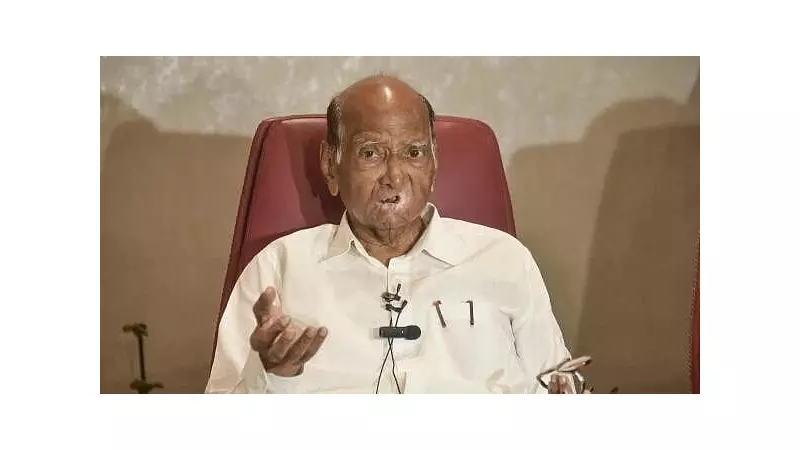
Opposition to Scrutinize Bihar's Pre-Poll Financial Transfers
Veterant politician Sharad Pawar has announced plans to convene with Opposition leaders to examine the impact of pre-election fund transfers to women voters in Bihar. This development comes in the wake of the ruling National Democratic Alliance (NDA) securing a decisive victory in the recently concluded Bihar Assembly elections.
NDA's Landslide Victory Reshapes Political Landscape
The political landscape of Bihar witnessed a significant transformation as the NDA coalition achieved an overwhelming majority, effectively decimating the Opposition Mahagathbandhan bloc. The election results, declared on November 17, 2025, marked a substantial political setback for the opposition alliance that had hoped to challenge the incumbent government.
Pawar's remarks indicate growing concern among opposition parties about the electoral implications of direct benefit transfers made to women voters ahead of the polls. The timing and scale of these financial initiatives have become a focal point for political analysis following the NDA's impressive performance across numerous constituencies throughout the state.
Strategic Discussions Planned Amid Electoral Analysis
The proposed discussions among opposition leaders signal a coordinated effort to understand and respond to the factors that contributed to their electoral defeat. Pawar, known for his strategic political acumen, emphasized the need for thorough examination of the pre-poll financial mechanisms and their potential influence on voting patterns.
Political observers note that the NDA's victory margin has prompted serious introspection within opposition camps, with the women-centric financial transfers emerging as a particularly significant element in post-election assessments. The comprehensive constituency-wise results demonstrate the ruling alliance's widespread appeal across diverse regions of Bihar.
As the political discourse evolves, the upcoming discussions among opposition figures are expected to shape future strategies and approaches toward similar welfare initiatives in subsequent state elections. The outcome of these deliberations could have far-reaching implications for political campaigning and policy implementation in India's vibrant democratic landscape.





